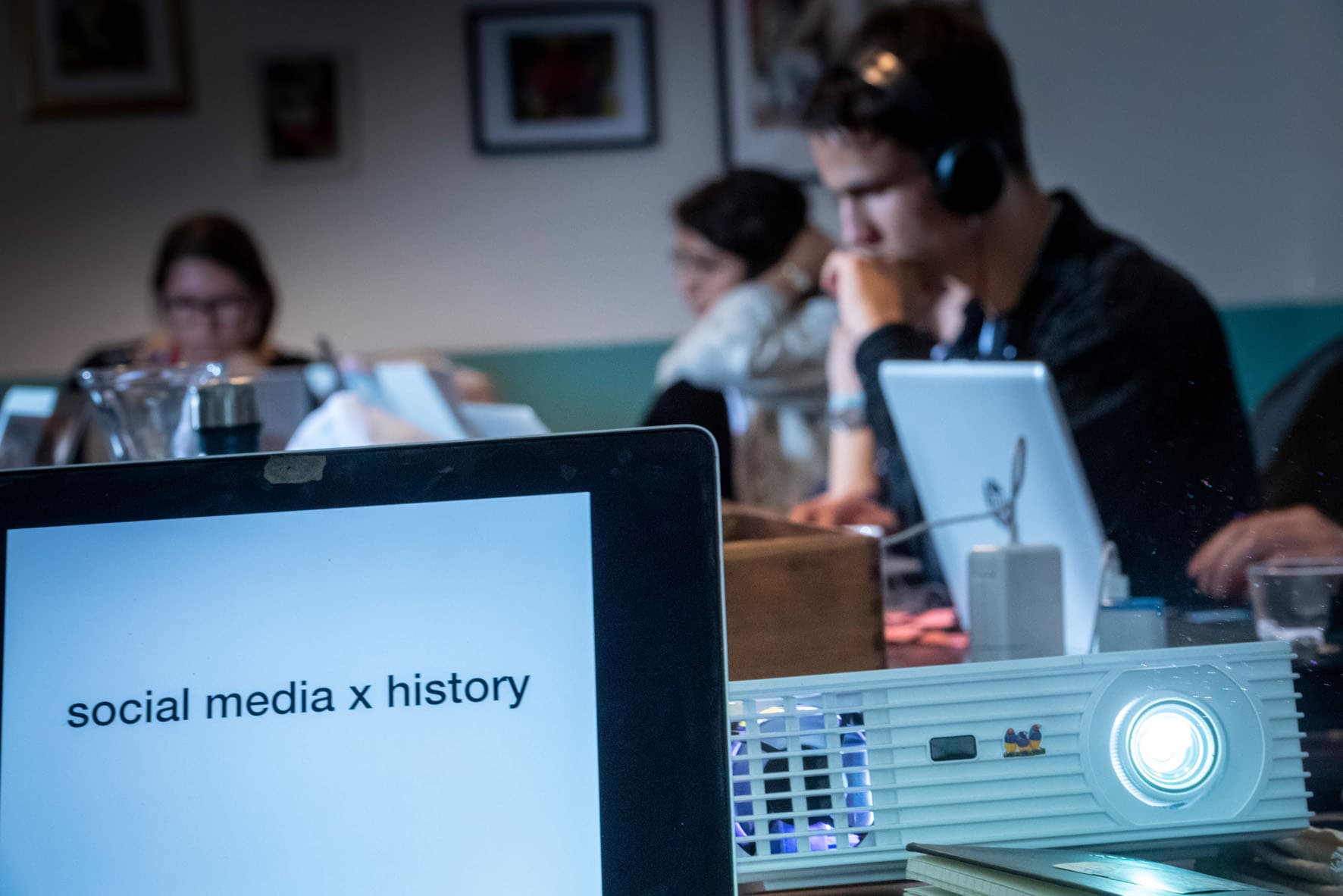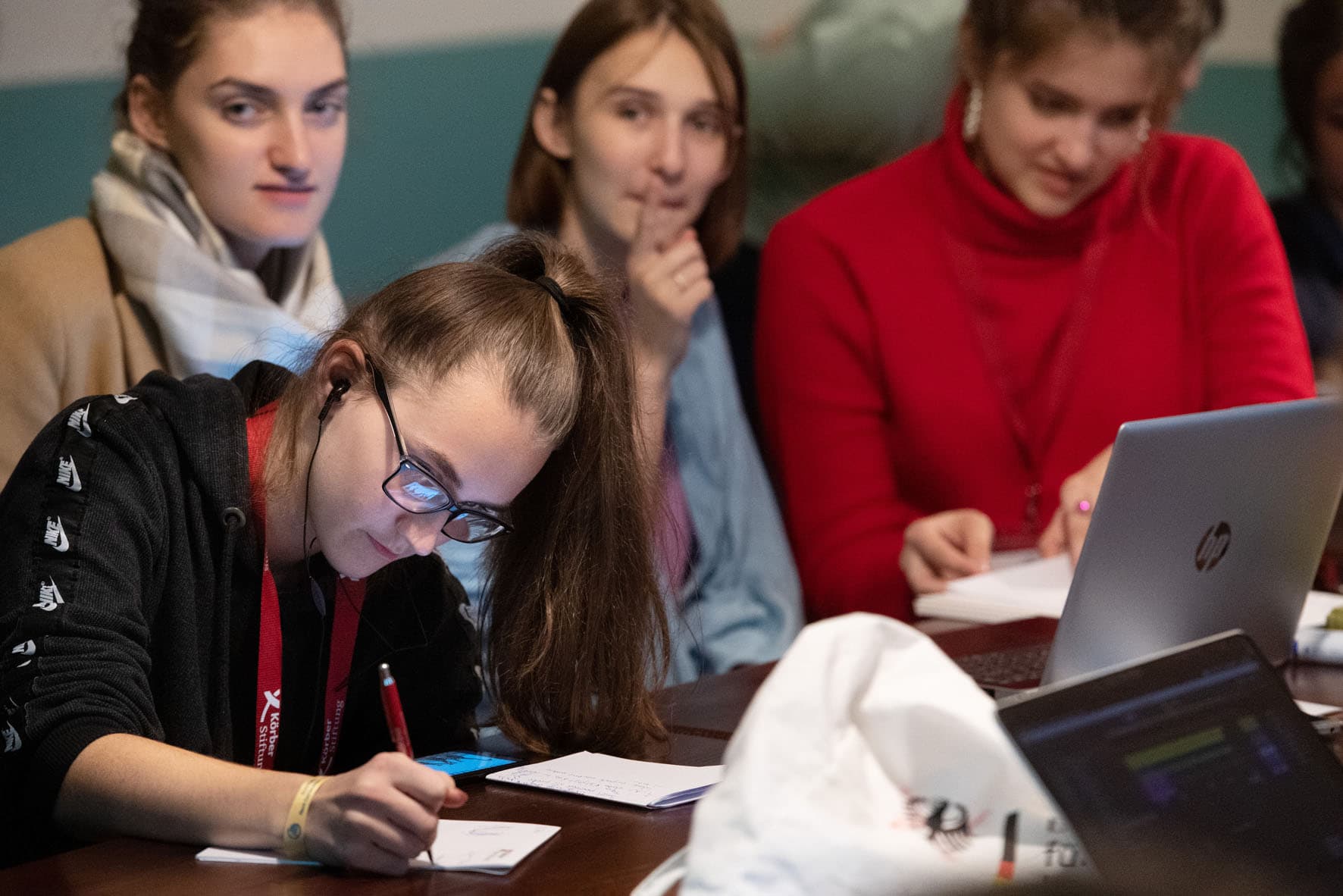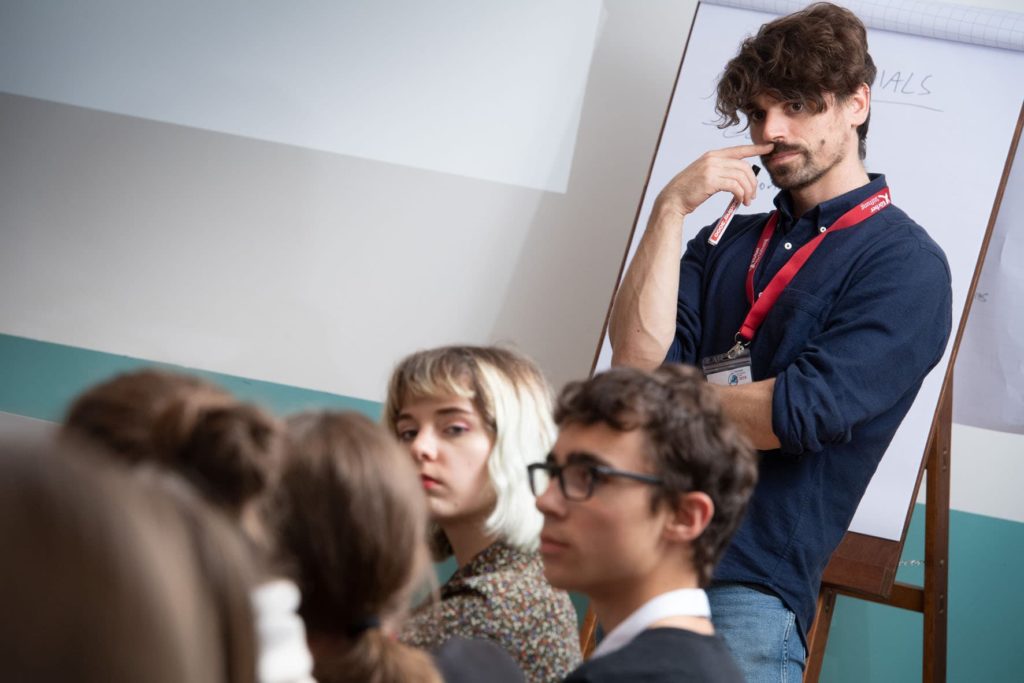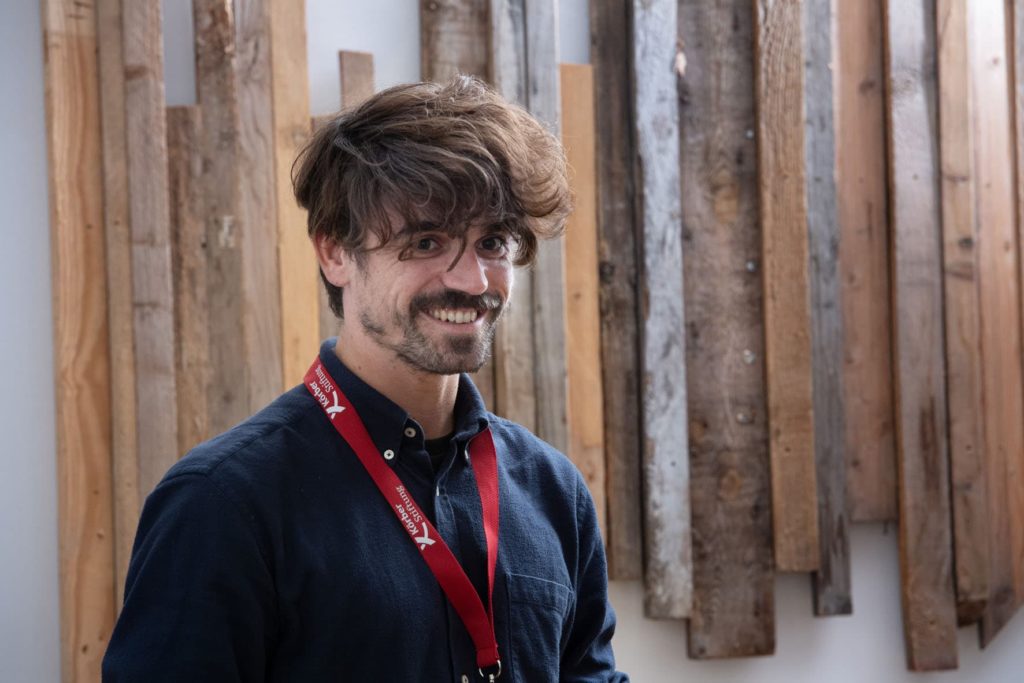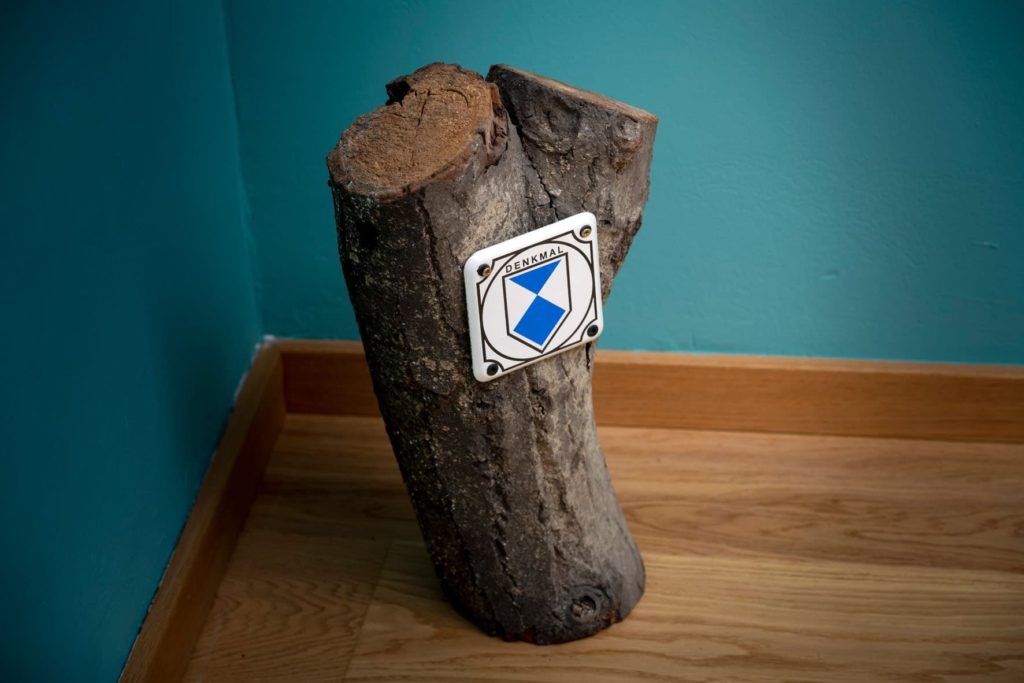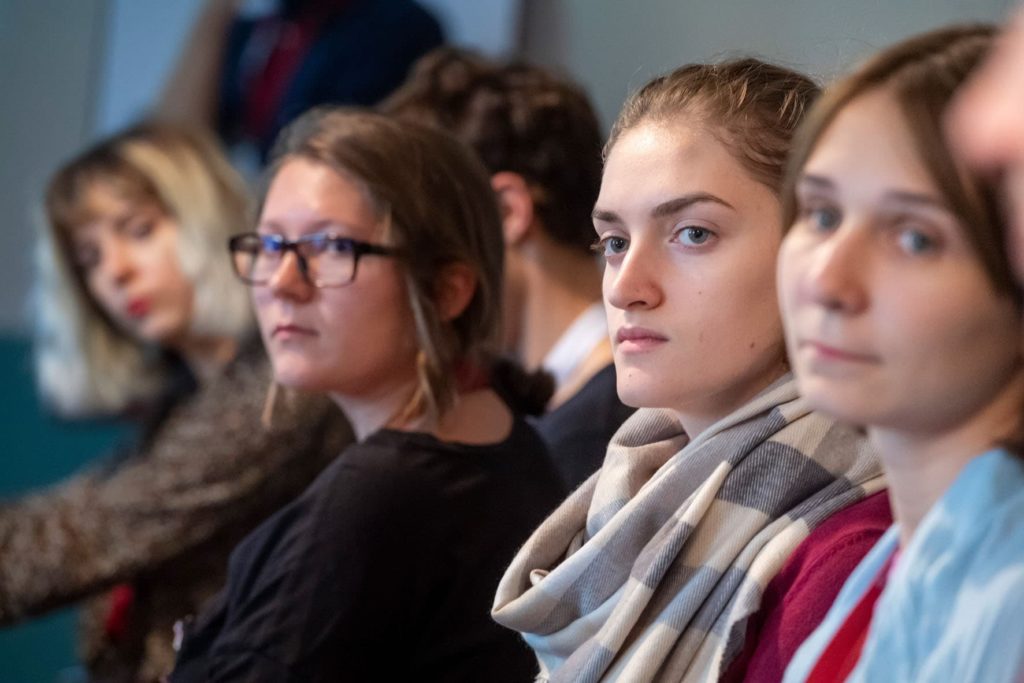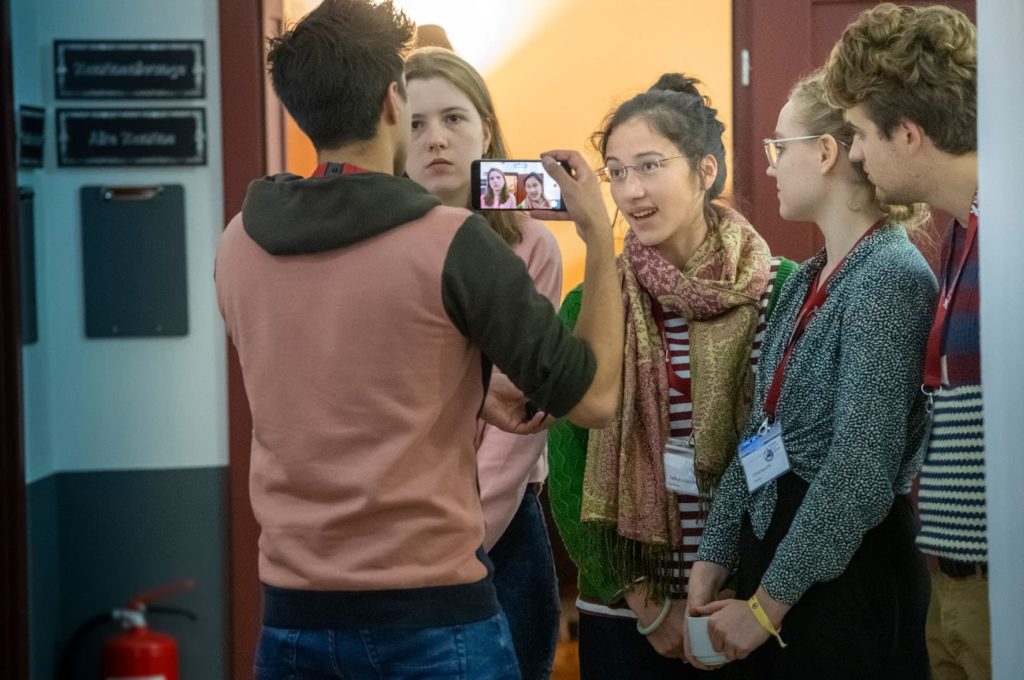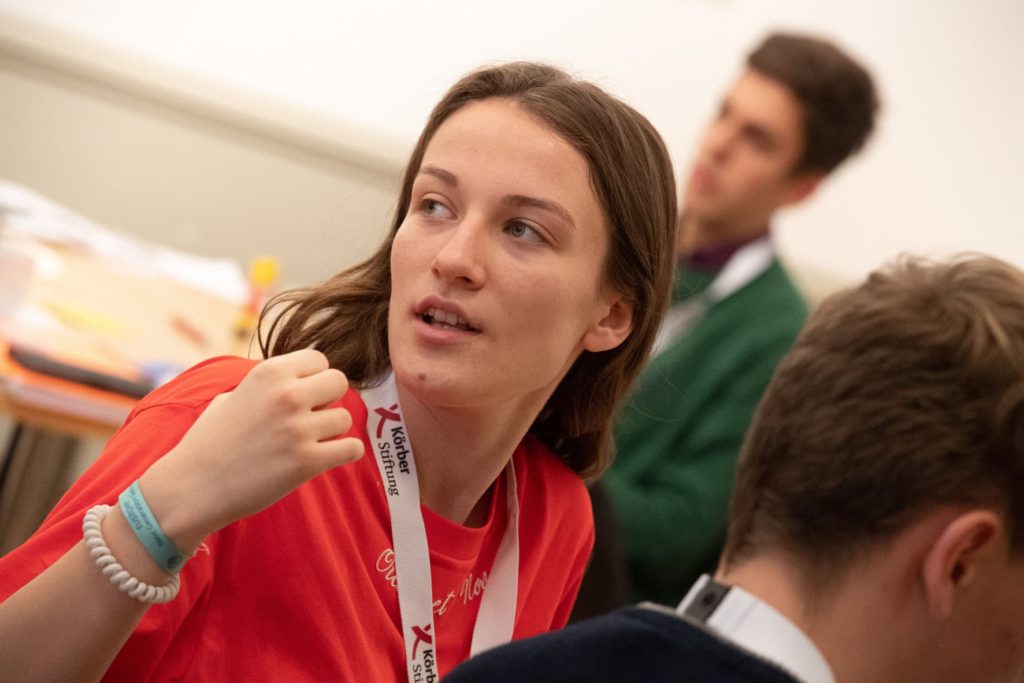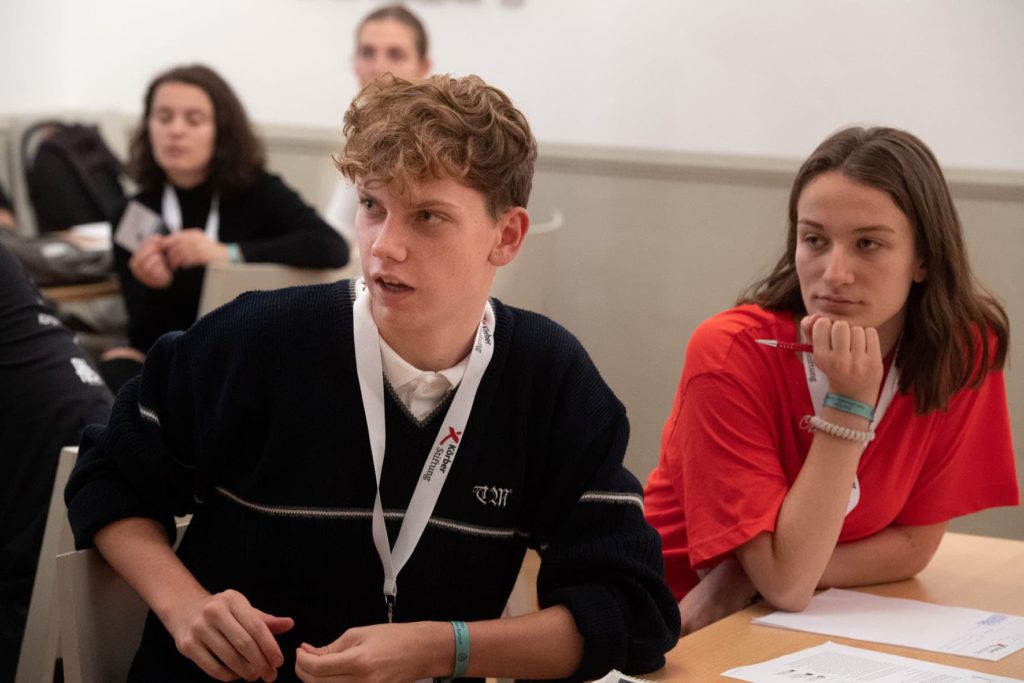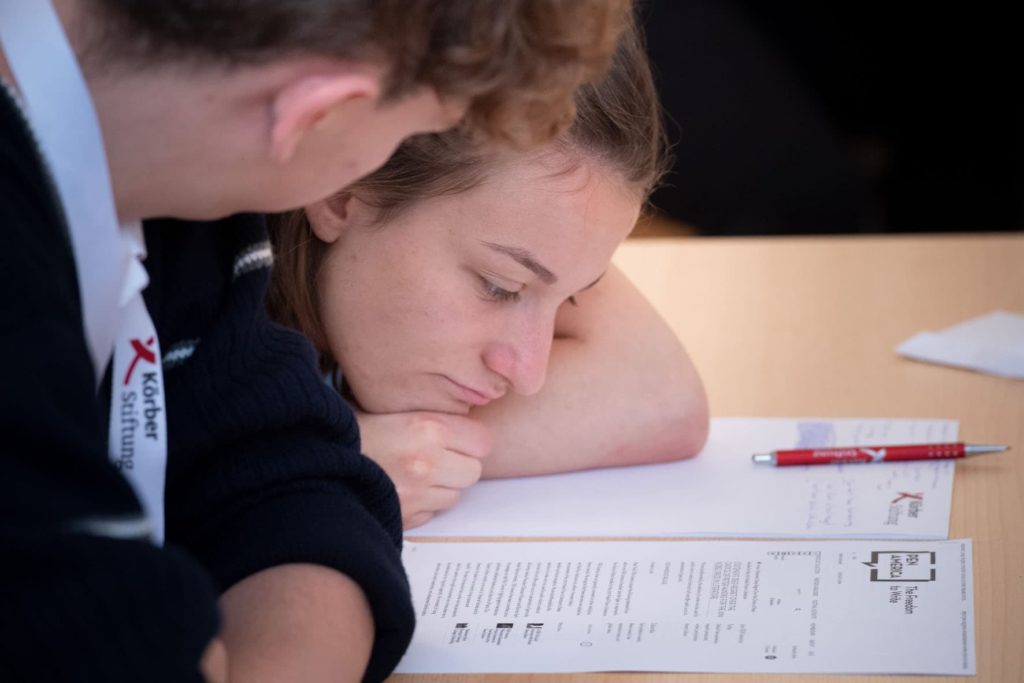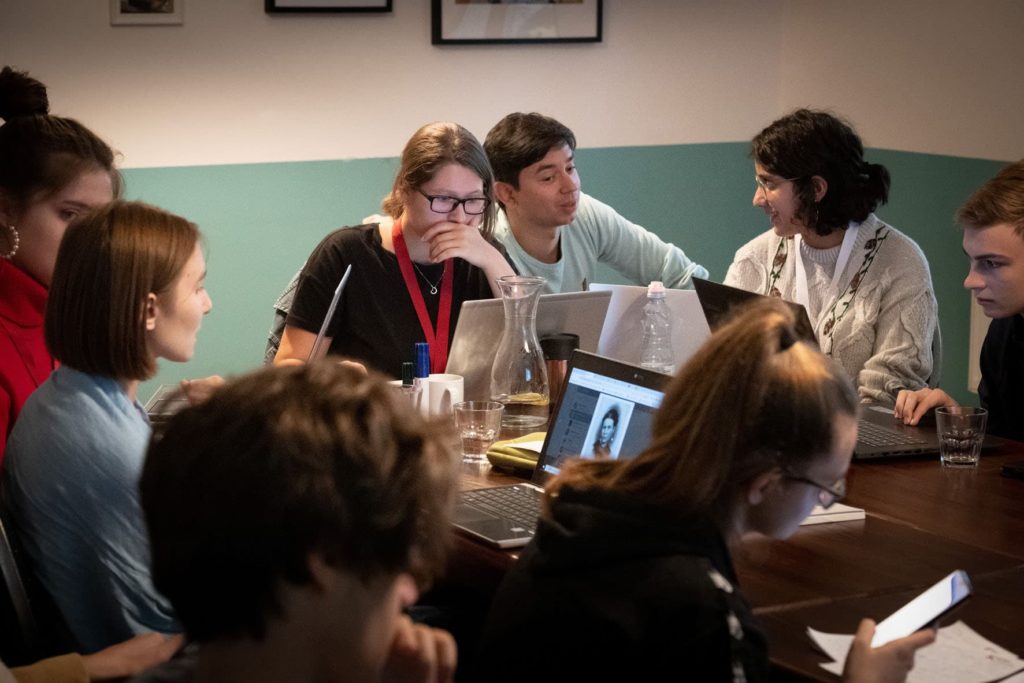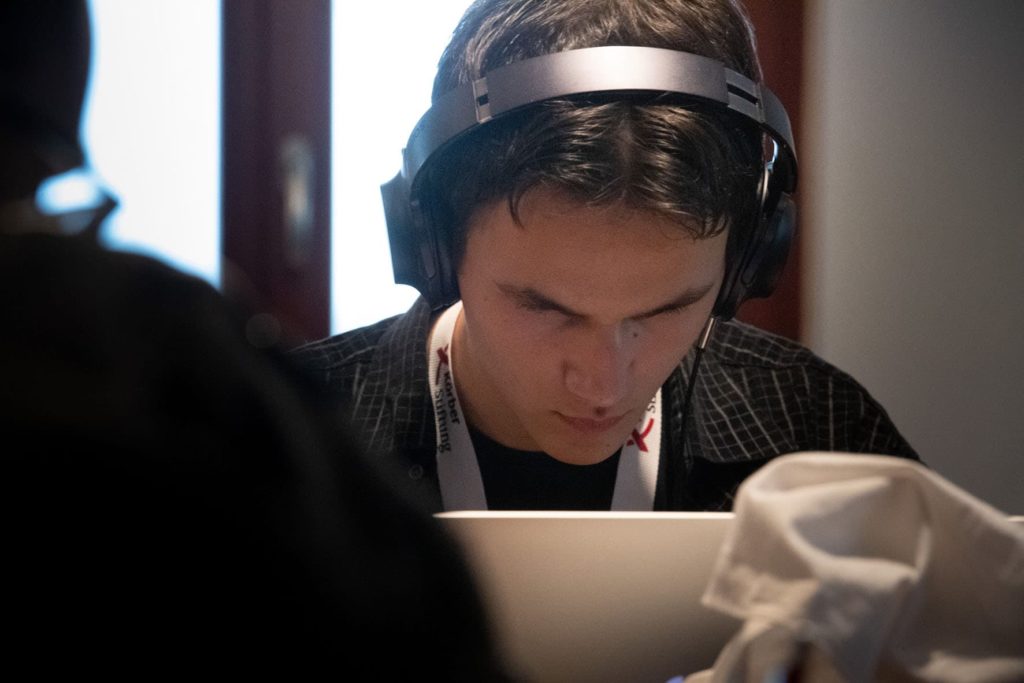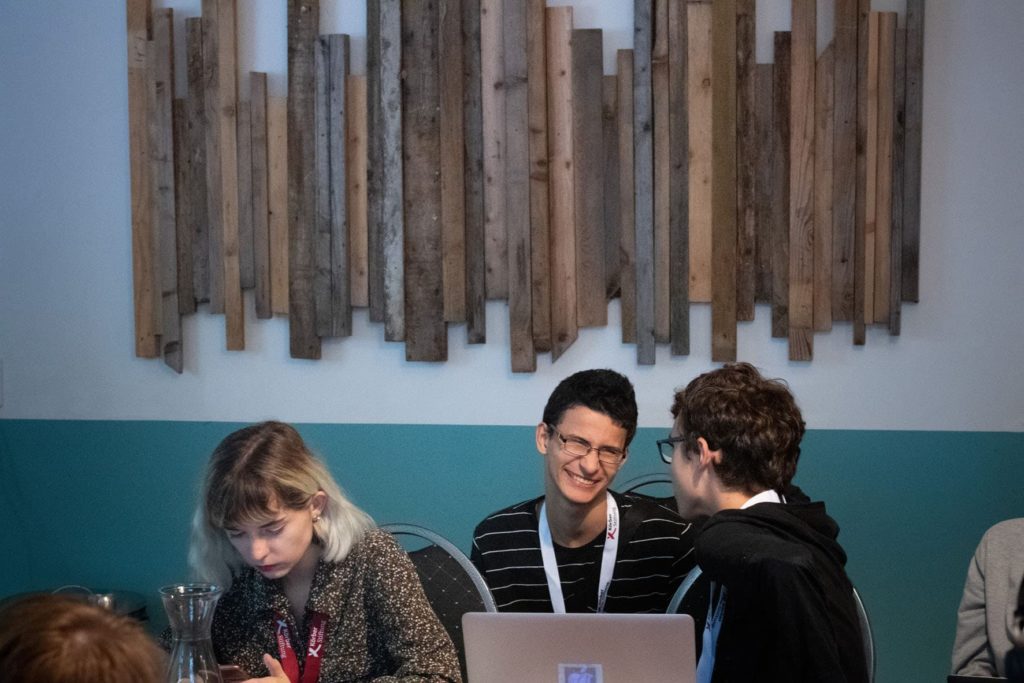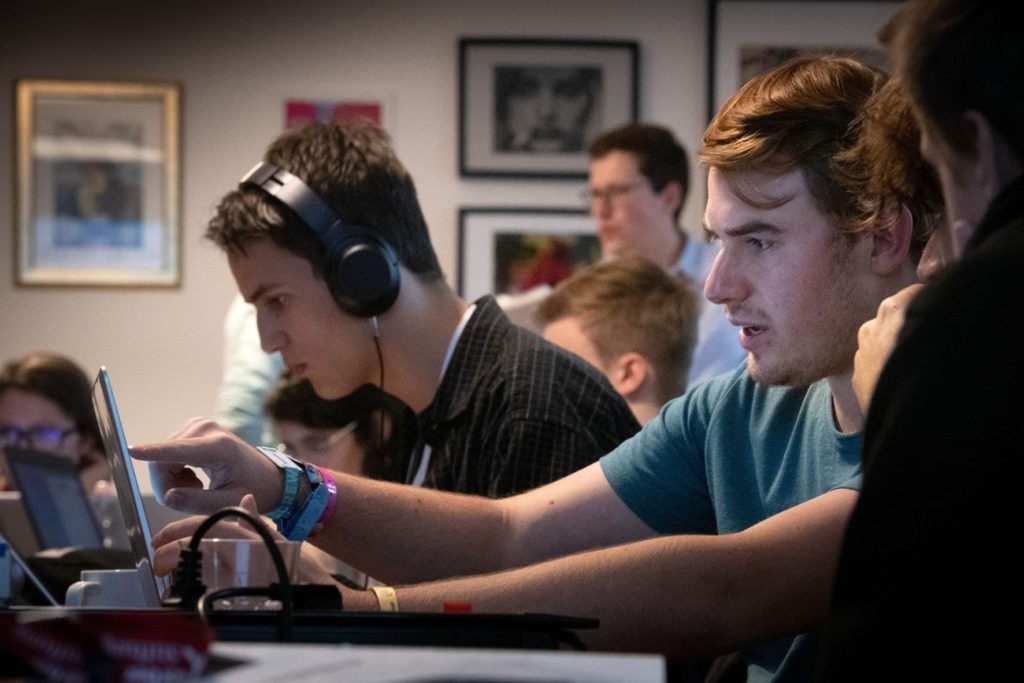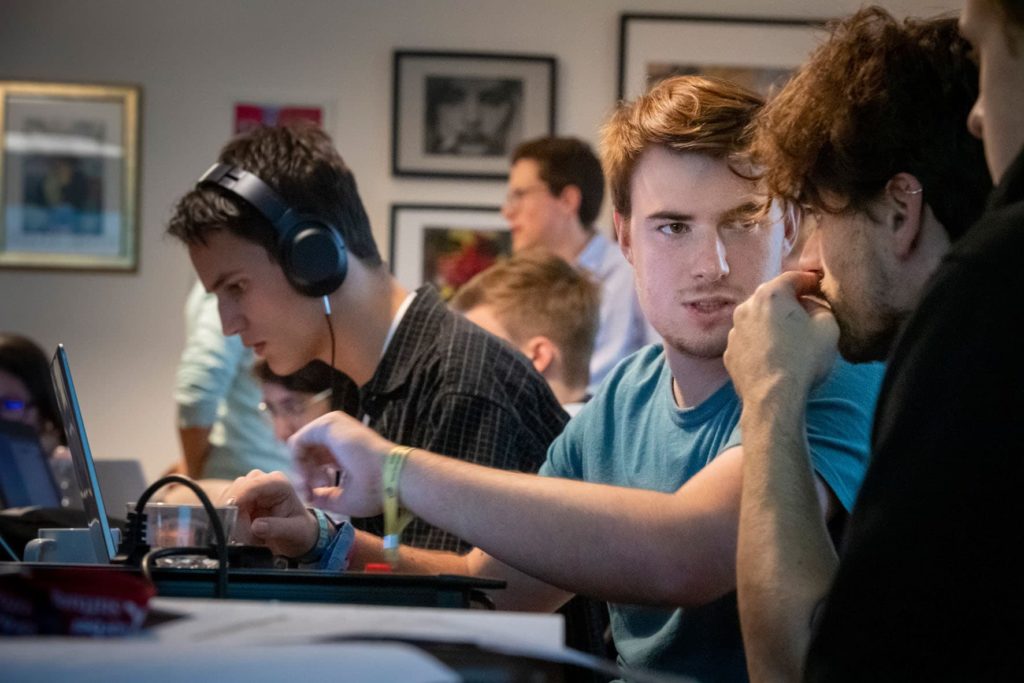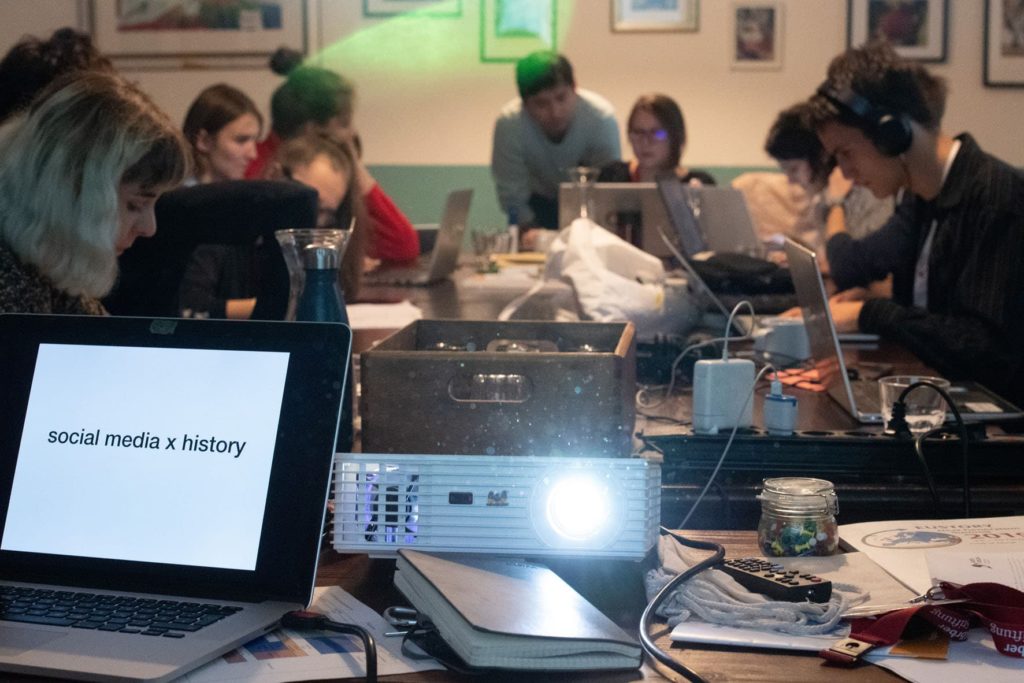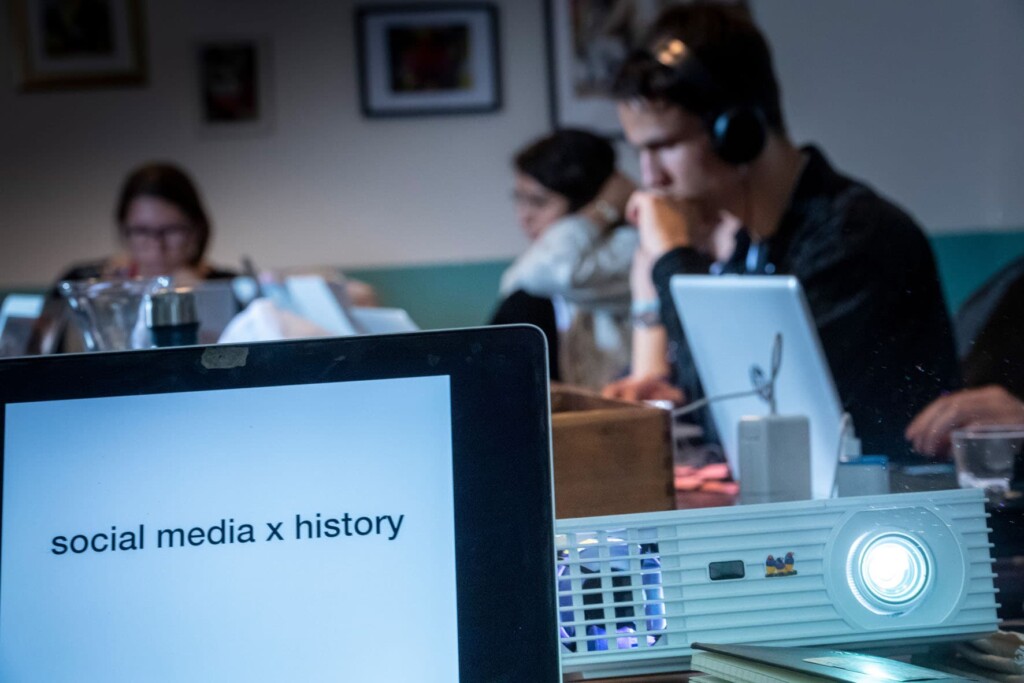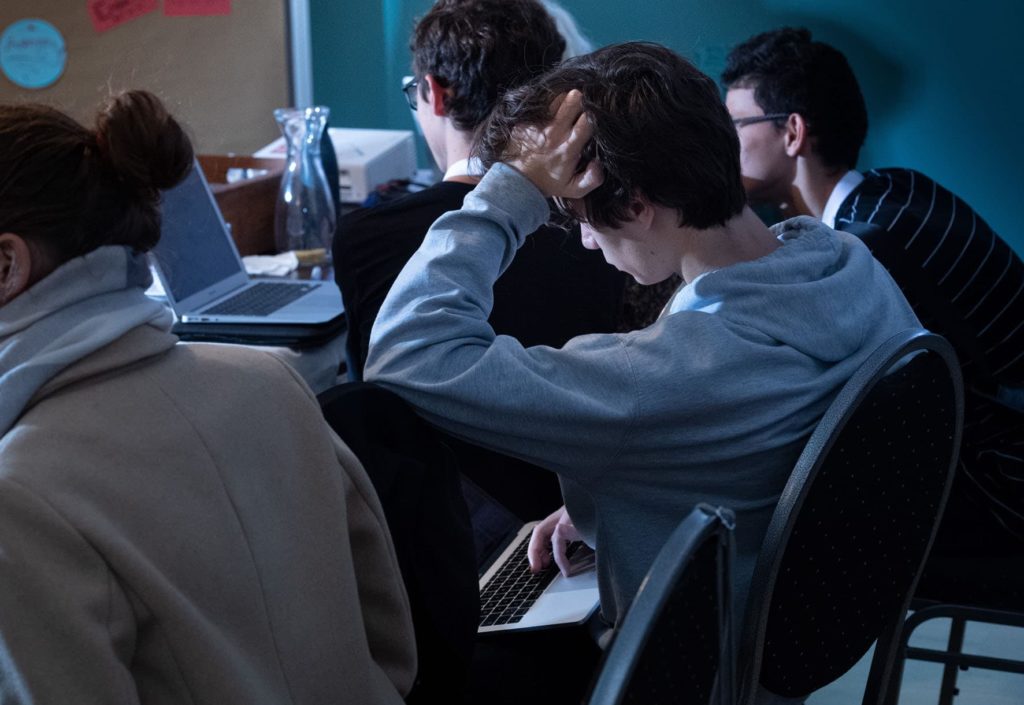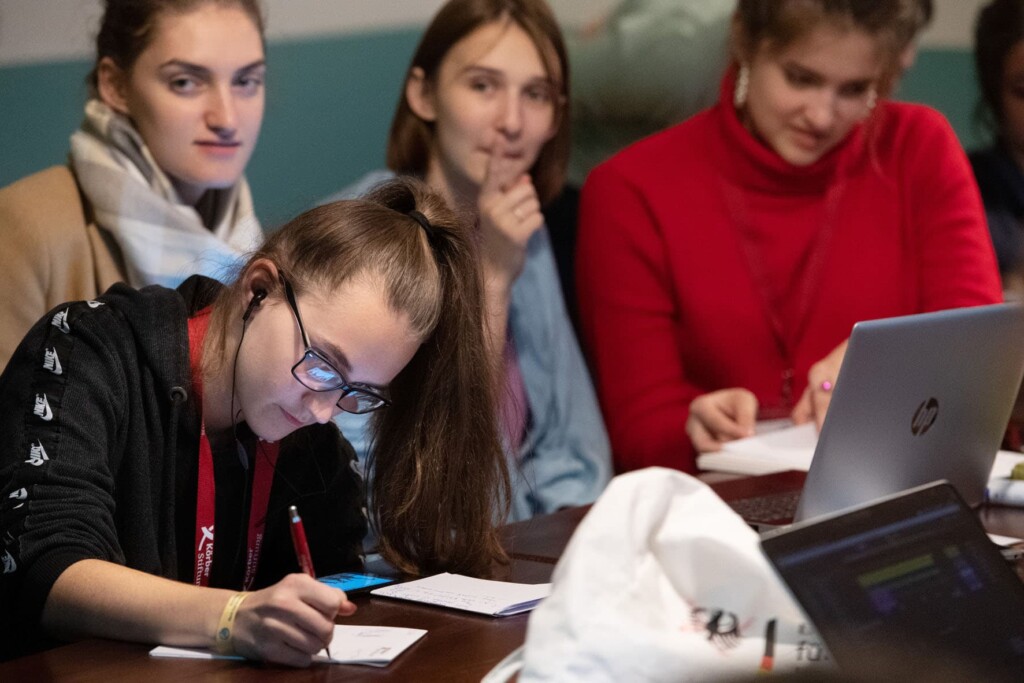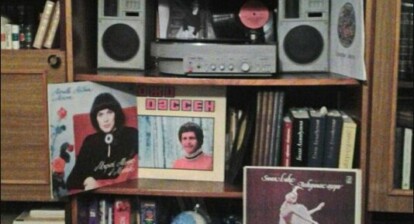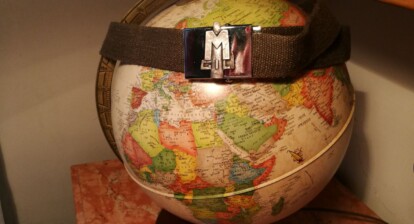The end of the Second World War in May 1945 is a significant turning point in Europe’s history. However, it did and still does not mean the same to everyone. For some, it marked the beginning of peace and democracy, for others it was a transition to just another totalitarian regime. Thus, its 75th anniversary in 2020 will again raise the question of how to remember it adequately.
We reflected on how private memories and young perspectives of the past can contribute to public commemoration encouraging people from different countries to reflect on the legacies of 1945.
By setting up a historical laboratory, we explored creative means, which exceed the limits of traditional ways of commemoration in monuments, national celebrations or exhibitions. We exploited the full potential of technology to develop an interactive and multi-perspective approach contributing to the commemoration of 1945.
Our creative experiment links historical and virtual realities into a multi-layered eCommemoration product.
Students' Projects
In our “eCommemoration lab,” we taught each other about histories of the Second World War and new ways for digital commemoration. The central idea of the workshop was to deal with histories that touch personal experiences of the war across Europe. While discussing digital formats and modes of expression, they learned about stories that remain still untold.
Some of the individual projects realised during the workshop had particular personal approaches to commemorating the Second World War, often reflecting family history. But, the workshop was shaped by a variety of topics and digital forms of writing and remembering history. The heterogeneity of the projects and topoi were collected through the different digital collages you find in the projects section of this website.
social media x history
Our group experimented with social media as a space for commemoration and historical storytelling. On Twitter we embodied historical characters as if they were posting in 1945. Participants based them on material they researched within their respective local contexts. The twitter characters responded to historical events and engaged in exchanges. Participants gained knowledge on how to use the platform and a sensitivity for the challenges of debate on Twitter as well as skills on working with historical sources. Below are some tweets from this exercise and more.
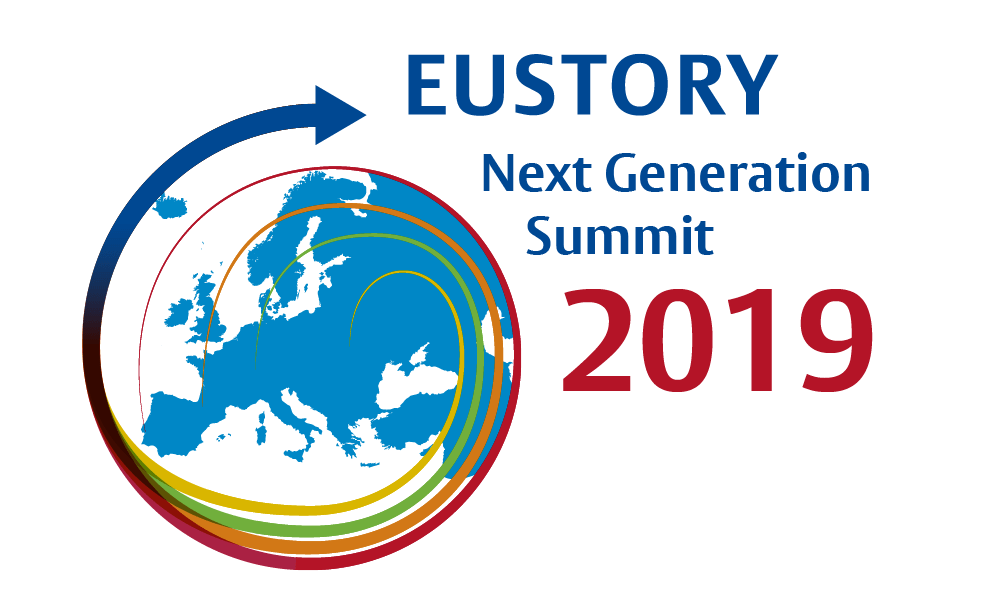
This workshop was a part of the EUSTORY Next Generation Summit 2019 from 15 to 19 October 2019 in Berlin.
About the Workshop
Workshop Product
Digital Creation
Workshop Moderators
Daniel Palm, Georg Layr

